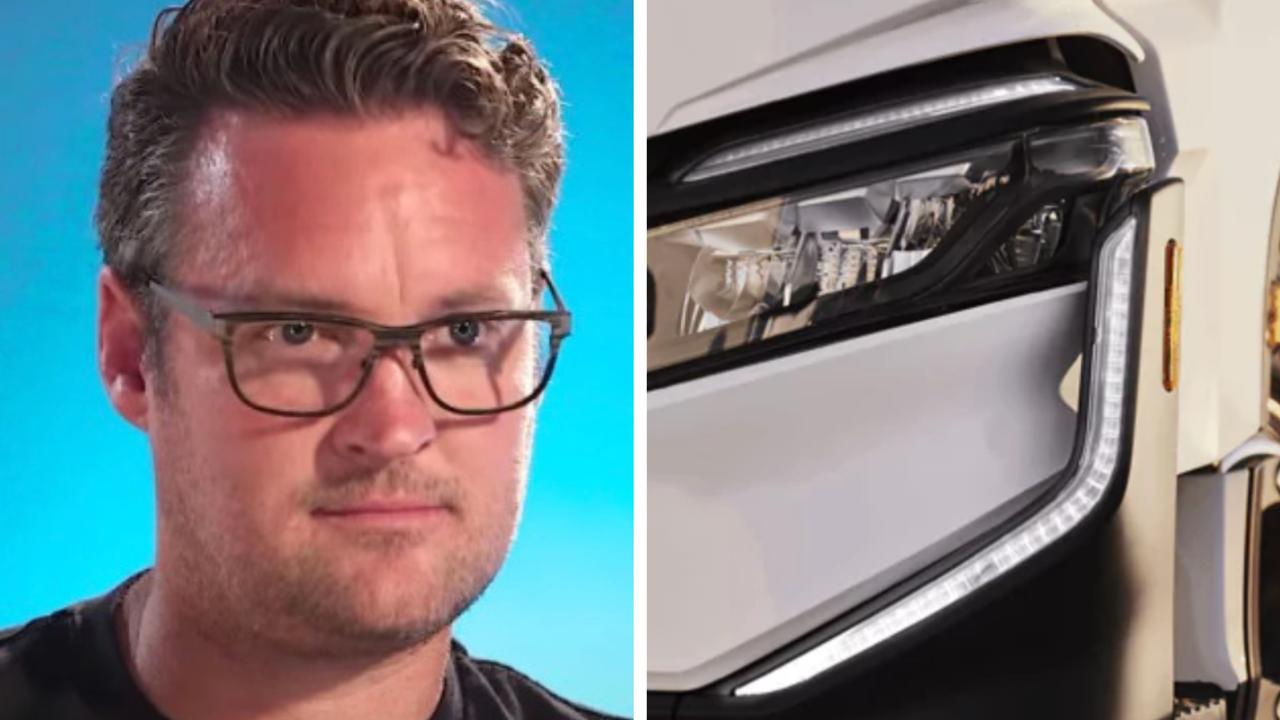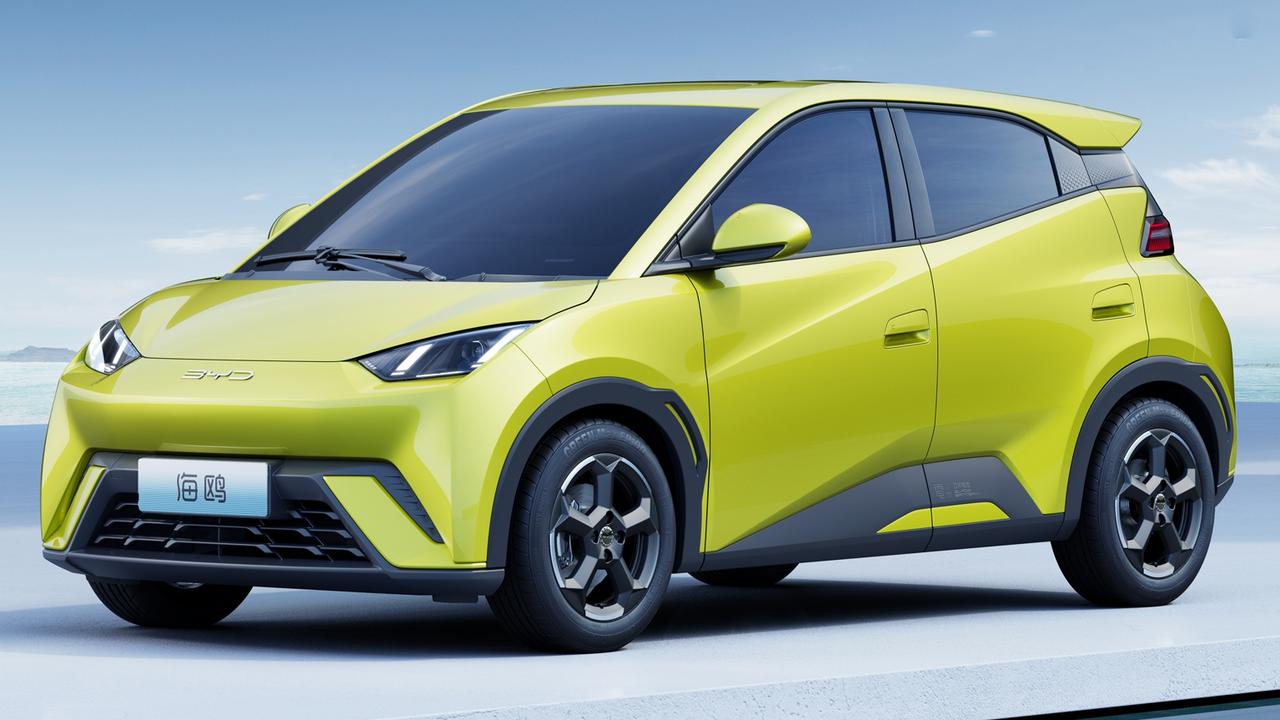Fears Donald Trump’s new trade war could hit car prices in Australia
There are fears the global fallout of Donald Trump’s wild trade war could see car prices at home explode.
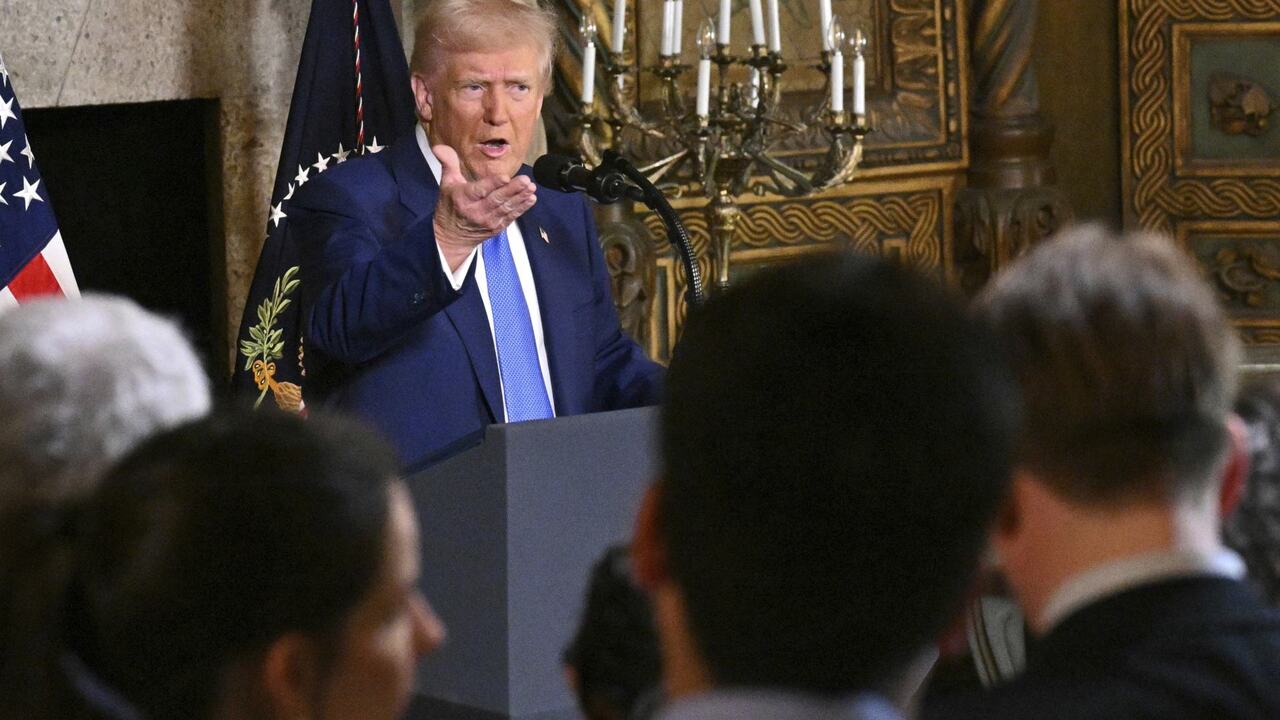
Motoring News
Don't miss out on the headlines from Motoring News. Followed categories will be added to My News.
US President Donald Trump’s threat to slap a 25 per cent tariff on foreign car imports and pharmaceuticals could spark a new trade war hitting the price of cars in Australia and the US, increasing inflation and reshaping global trade.
Defying warnings that his tariff war could derail the US economy, Mr Trump floated a plan for even more new trade tariffs on Wednesday, after previously announcing 25 per cent trade taxes on steel and aluminium.
He’s exploring so-called reciprocal tariffs against multiple countries raising fears that Australia’s GST could be an issue.
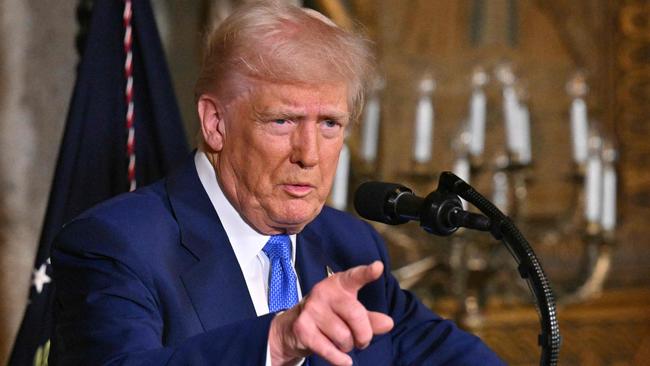
Australia doesn’t manufacture cars but it could send price up
Mr Trump’s proposed car tariffs won’t impact Australia exports directly given the fact that local industry doesn’t manufacture cars.
But experts have warned that the global fallout from a trade war could ultimately drive up the price of cars here in Australia.
Tony Weber, the Chief Executive of the Federal Chamber of Automotive Industries (FCAI), the peak body of the automotive industry in Australia, told news.com.au that Australia currently imports a modest number of cars manufactured in the US including the brands Jeep, Mercedes and BMW.
“The first round effect here is obviously on vehicles we import from the US,’’ Tony Weber, the Chief Executive of the Federal Chamber of Automotive Industries (FCAI) said.
“Last year, we sold 1.2 million vehicles and only 30,000 of those came from the US, So the first round effect is pretty minimal.
“Unless Australia reciprocates (with trade tariffs on imports), there’s no impact.

“Our concern would be a trade war breaking out. And that would, obviously, put cost in the system, which would equate to more expensive cars for Australian consumers.”
Mr Weber stressed it wasn’t just the source country of the vehicle, it’s where the components of that vehicle come from.
“A vehicle that’s produced in a factory in the US would have, typically, a number of components from Mexico and Canada into it,’’ he said.
“So if the supply chain has to come on shore, it’s a question of whether that’s for the localisation rather than globalisation view. means it’s going to be more expensive to make a car.”
Higher tariffs could also make Japanese, Korean, and German-built cars less competitive in the marketplace, leading to job losses.
“But if there is an international trade war, you’ve got a scenario where, where typically you get the suppliers from the cheapest source markets, the inputs that go into the seat or the dashboard, if there’s a tariff applied upon that, that all builds up and the price of cars will increase,’’ Mr Weber said.
“So domestically in the US, there’s an issue. Australia doesn’t have any tariffs on imports now, most cars come into Australia tariff free. The great exception is for the European Free Trade Agreement.
“Our concern is, if tariffs go on, the cost of producing, say, in the US would go up, and therefore those costs would be transferred to Australia, the indirect effect of the tariff in the US.
“At the factory gate, rather than the importation to Australia, if that makes sense.”
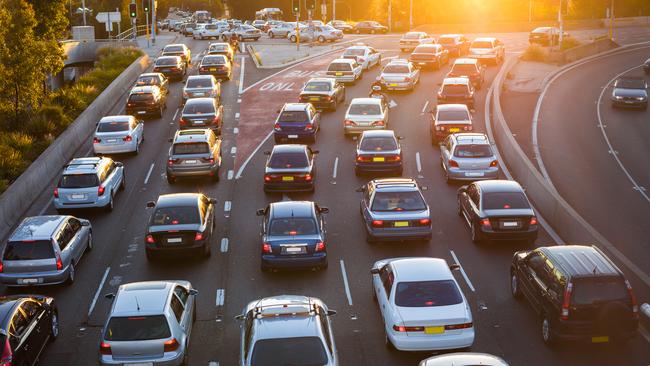
Donald Trump’s car tariff threat
Asked when the industry could expect higher tariffs on passenger cars across the board, Mr Trump said on Wednesday that he would make the big call within weeks.
“Maybe around April 2nd,” the president said, looking to his commerce secretary nominee, Howard Lutnick, who confirmed, “That’s right.”
There are reports the White House plans to bypass the US Congress and levy tariffs by arguing the import of passenger cars poses a risk to national security.
“I would have done them on April 1st, believe it or not, [but] I’m a little superstitious,” Mr Trump added.
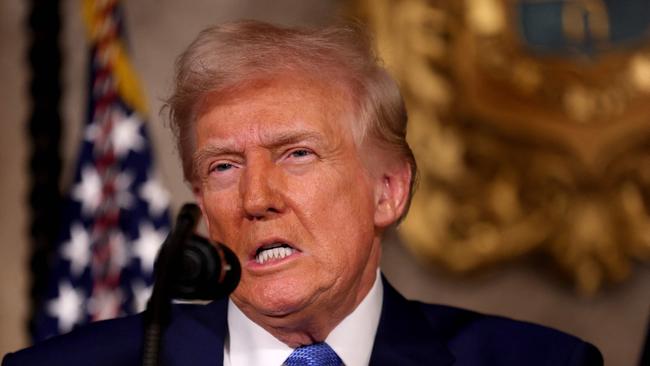
Mr Trump’s tariff plan could also pose a threat to inflation according to Treasurer Jim Chalmers.
“We’ve got a very trade-exposed economy,” Mr Chalmers said.
“And so we don’t want to see the escalation of these trade tensions. There is a lot of global economic uncertainty.”
What Australia will tell the US on the GST
Australian officials are also concerned that the US President’s threat to introduce reciprocal tariffs impact products as a result of the GST Australia applies.
News.com.au understands that Australia will argue that the GST is a non-discriminatory tax levied on the final consumer.
It is applied equally to all goods whether they were produced domestically or imported and consistent with our international obligations.
Originally published as Fears Donald Trump’s new trade war could hit car prices in Australia




